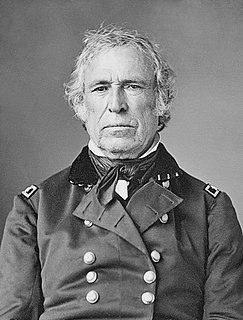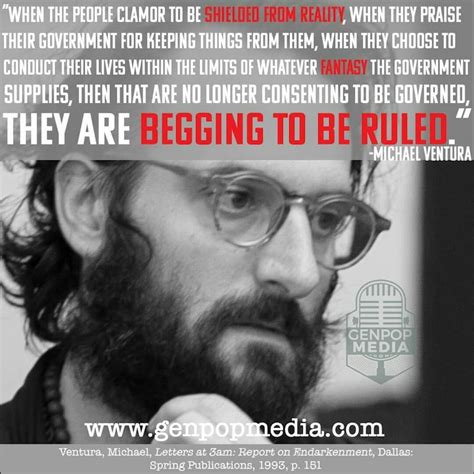A Quote by Edward Gibbon
Where the subject lies so far beyond our reach, the difference between the highest and the lowest of human understandings may indeed be calculated as infinitely small; yet the degree of weakness may perhaps be measured by the degree of obstinacy and dogmatic confidence.
Related Quotes
As the strongest faith may be shaken, so the weakest, where truth is, is so far rooted that it will prevail. Weakness with watchfulness will stand, when strength with too much confidence fails. Weakness, with acknowledgement of it, is the fittest seat and subject for God to perfect His strength in; for consciousness of our infirmities drives us out of ourselves to Him in whom our strength lies.
Something might be true while being harmful and dangerous in the highest degree. Indeed, it might be a basic characteristic of existence that those who know it completely would perish, in which case the strength of a spirit should be measured according to how much of the 'truth' one could still barely endure- or to put it more clearly, to what degree one would require it to be thinned down, shrouded, sweetened, blunted, falsified.
Surely no man can reflect, without wonder upon the vicissitudes of human life arising from causes in the highest degree accidental and trifling. If you trace the necessary concatenation of human events a very little way back, you may perhaps discover that a person's very going in or out of a door has been the means of coloring with misery or happiness the remaining current of his life.
If human life is in fact ordered by a beneficent being whose knowledge of our real needs and of the way in which they can be satisfied infinitely exceeds our own, we must expect a priori that his operations will often appear to us far from beneficent and far from wise, and that it will be our highest prudence to give him our confidence in spite of this.
These things - the degree of vulnerability, the degree of skill, the degree of the longing to give - are influx all the time, And to lump all that under the word "creativity" assumes something much more static than it is. That's why an artist may be marvelous in her 20s, and be creating automatic crap in her 40s. A writer may be trivial in his 20s, and be writing incredibly in his 50s, because those things are always in flux.
It may be safely affirmed that there neither is, nor can be, any essential difference between the language of prose and metrical composition.... They both speak by and to the same organs; the bodies in which both of them are clothed may be said to be of the same substance, their affections are kindred, and almost identical, not necessarily differing even in degree; Poetry sheds no tears "such as Angels weep," but natural and human tears; she can boast of no celestial ichor that distinguishes her vital juices from those of prose; the same human blood circulates through the veins of them both.







































